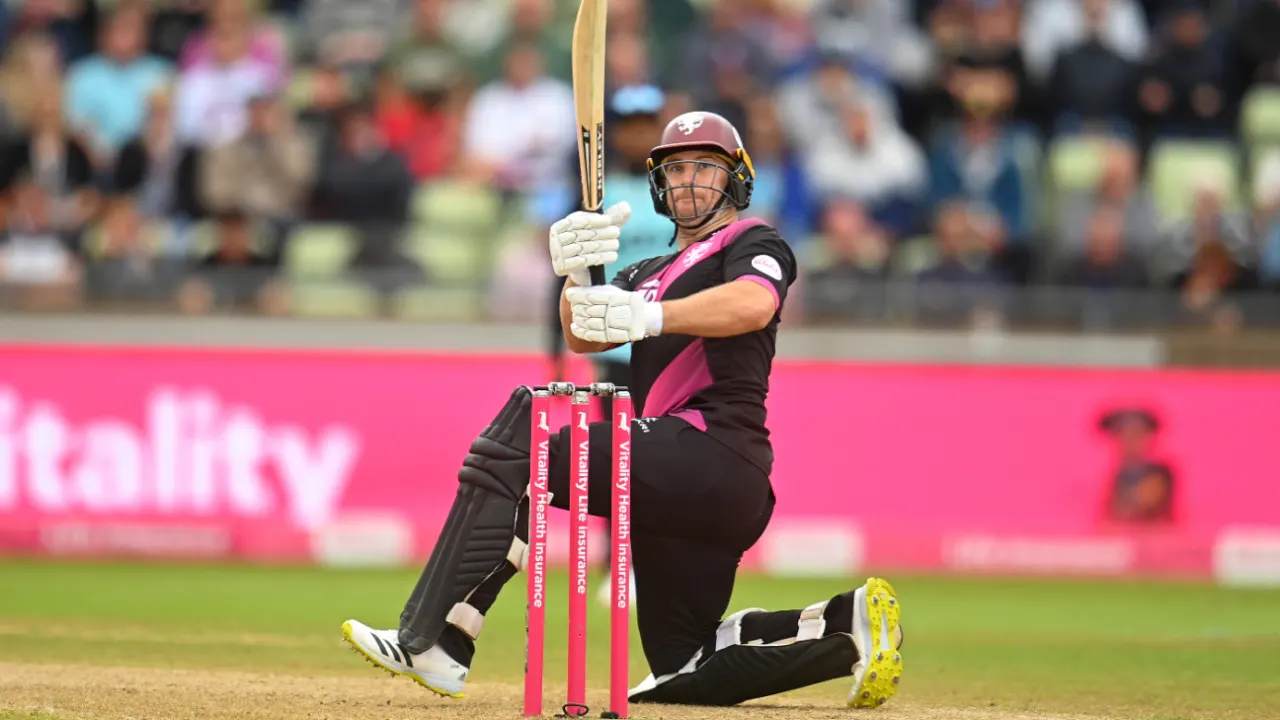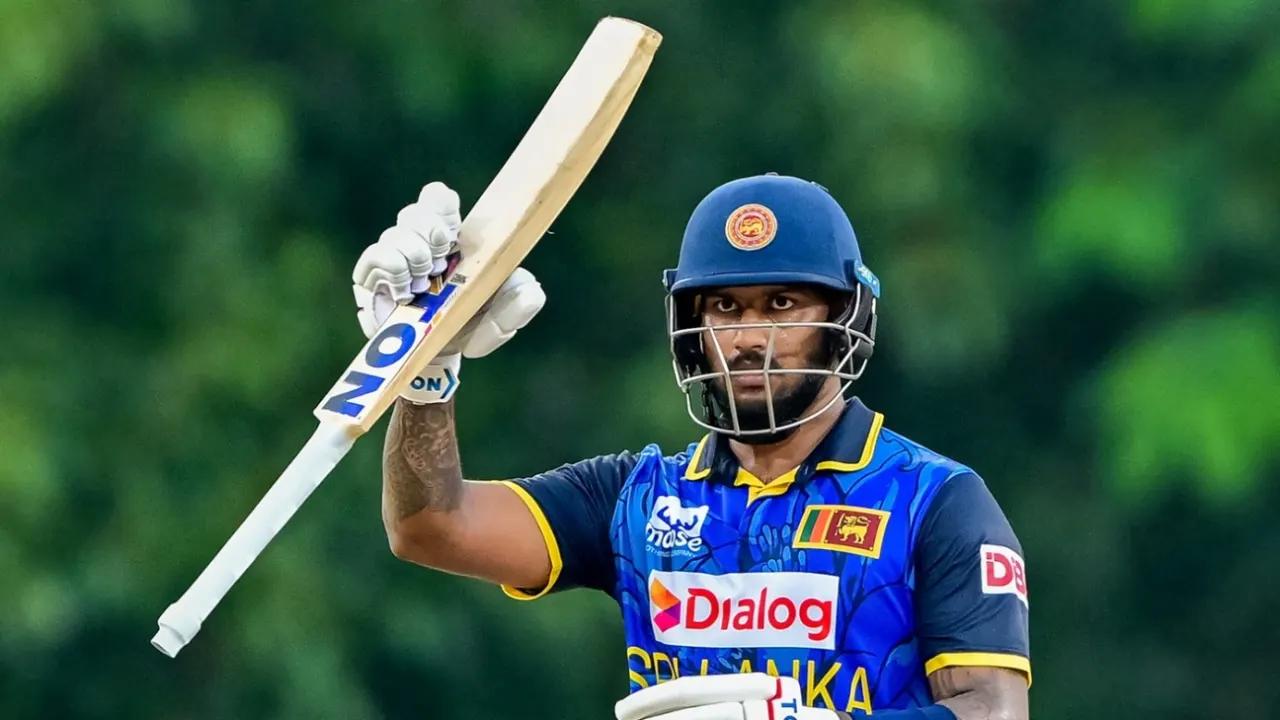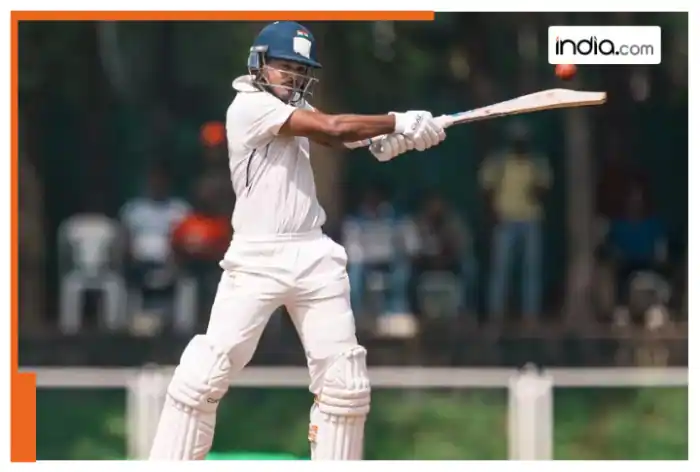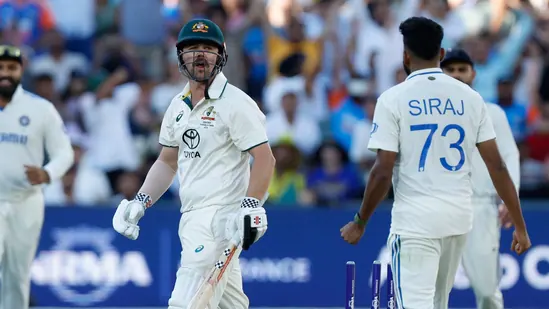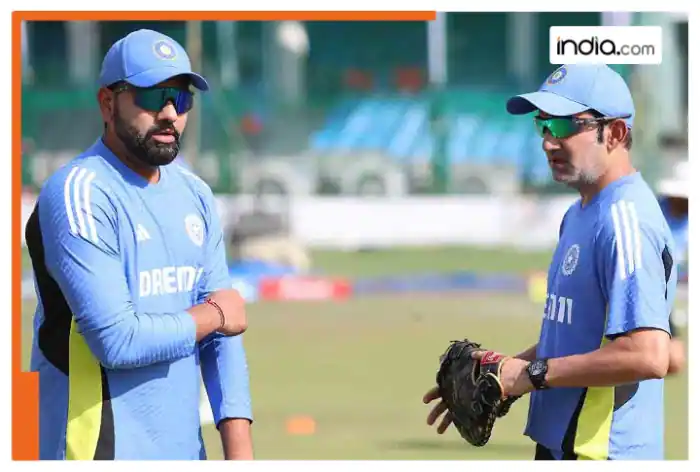India’s Historic 2007 T20 World Cup Victory: What Made It So Special?
Team India entered the tournament without some key veteran players like Sachin Tendulkar, Rahul Dravid and Sourav Ganguly, who chose not to participate. This presented a chance for the emerging captain, MS Dhoni, to steer a relatively inexperienced team. Dhoni's composed and decisive leadership style quickly emerged as a standout aspect of India's journey in the tournament.
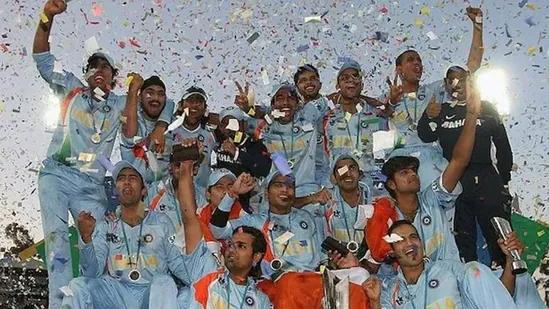
The team’s preparation wasn't extensive. T20 cricket was relatively new, and India had played only one T20 international before the tournament.
India's campaign leading to the finalIndia began with a thrilling tie against Pakistan, which was decided by a "bowl-out", a format similar to penalty shootouts in football. India held their nerve to win the bowl-out 3-0. This match set the tone for India’s campaign.
One of the standout performances of the tournament came during India’s Super 8 stage match against England. Yuvraj Singh created history by hitting six sixes in an over off Stuart Broad, a feat that put him in the spotlight. His aggressive 58 from 16 balls helped India post a mammoth score of 218, a target that proved too much for England.
India's semifinal clash against the mighty Australian side further showcased the team’s resilience. Yuvraj Singh played a blistering knock of 70 off just 30 balls, and with solid contributions from the bowlers, India defeated Australia by 15 runs. This victory led India to the much-anticipated final against arch-rivals Pakistan.
Thriller of a finalThe final, held on September 24, 2007, in Johannesburg, was a true nail-biter. India, after winning the toss and electing to bat, faced early setbacks. Yusuf Pathan, opening the innings in place of the injured Virender Sehwag, showed aggression but was dismissed for 15 after hitting a six. Robin Uthappa (8) also fell cheaply, leaving India at a precarious 40 for 2 within the first six overs.
Gautam Gambhir, however, played a crucial role in stabilising the innings. His 75 off 54 balls was the backbone of India's score. He brilliantly negated Pakistan’s bowling attack, building partnerships with the middle order. Though Yuvraj Singh, India’s star performer from earlier matches, failed to make a big impact (scoring just 14), Gambhir ensured India remained on track for competitive total. His knock was studded with eight fours and two sixes.
India’s innings gained further momentum towards the end, thanks to a late flourish from Rohit Sharma. Batting at number six, Rohit smashed 30 off just 16 balls, helping India post 157 for 5. Umar Gul was the standout bowler for Pakistan, taking three wickets for 28 runs.
Pakistan’s run-chasePakistan’s chase got off to a disastrous start. They lost Mohammad Hafeez for just 1 in the first over, and soon after, Kamran Akmal was bowled for a duck by RP Singh. The only bright spot early on was Imran Nazir, who smashed 33 off 14 balls, including four boundaries and two sixes, before being run out, with Pakistan at 53 for 3.
Pakistan’s middle order struggled, with Younis Khan and Shoaib Malik failing to capitalise on good starts. India’s bowlers, particularly Irfan Pathan and RP Singh, applied pressure and picked up wickets regularly. Pathan's figures of 3 for 16 were particularly impressive as he took out key players, including Pakistan’s captain Shoaib Malik and Yasir Arafat.
By the time Shahid Afridi was dismissed for a golden duck, Pakistan was struggling at 77 for 6. However, Misbah-ul-Haq kept their hopes alive with a brave and calculated counter-attack. He targeted India’s most expensive bowler of the night, Harbhajan Singh, hitting him for three sixes in an over. Misbah’s counter-attack gave Pakistan hope of pulling off an incredible win.
The dramatic final over: Dhoni's Joginder Sharma gambleWith 13 runs needed from the final over and just one wicket in hand, the game was set for a nail-biting finish. Dhoni’s decision to hand the ball to Joginder Sharma, an inexperienced medium-pacer, raised eyebrows. Joginder started nervously, bowling a wide and then being dispatched for six by Misbah off the second legal delivery. Now, Pakistan needed just 6 runs off 4 balls.
What happened next became part of cricket folklore. Misbah attempted a cheeky scoop shot over short fine leg, hoping to seal the victory. But the shot lacked elevation, and Sreesanth, positioned at short fine leg, took the catch. Misbah was left distraught, as India celebrated a famous five-run victory.
Dhoni’s leadership and a new eraMS Dhoni's leadership was pivotal, as he backed his players, made shrewd tactical decisions, and maintained an unflappable calm head throughout the tournament.
The victory marked India’s first global title since the 1983 World Cup, which rejuvenated Indian cricket after a disappointing period, and ushered in a new era of T20 cricket. The win also cemented Dhoni’s reputation as one of cricket’s great captains, and the rise of players like Yuvraj Singh and Rohit Sharma adding to India’s cricketing depth.
The victory in the 2007 T20 World Cup had far-reaching effects on Indian cricket. It led to the creation of the Indian Premier League (IPL) in 2008, a league that revolutionised the sport. The victory also established India as a dominant force in T20 cricket.
Stay informed with the...RELATED STORIES
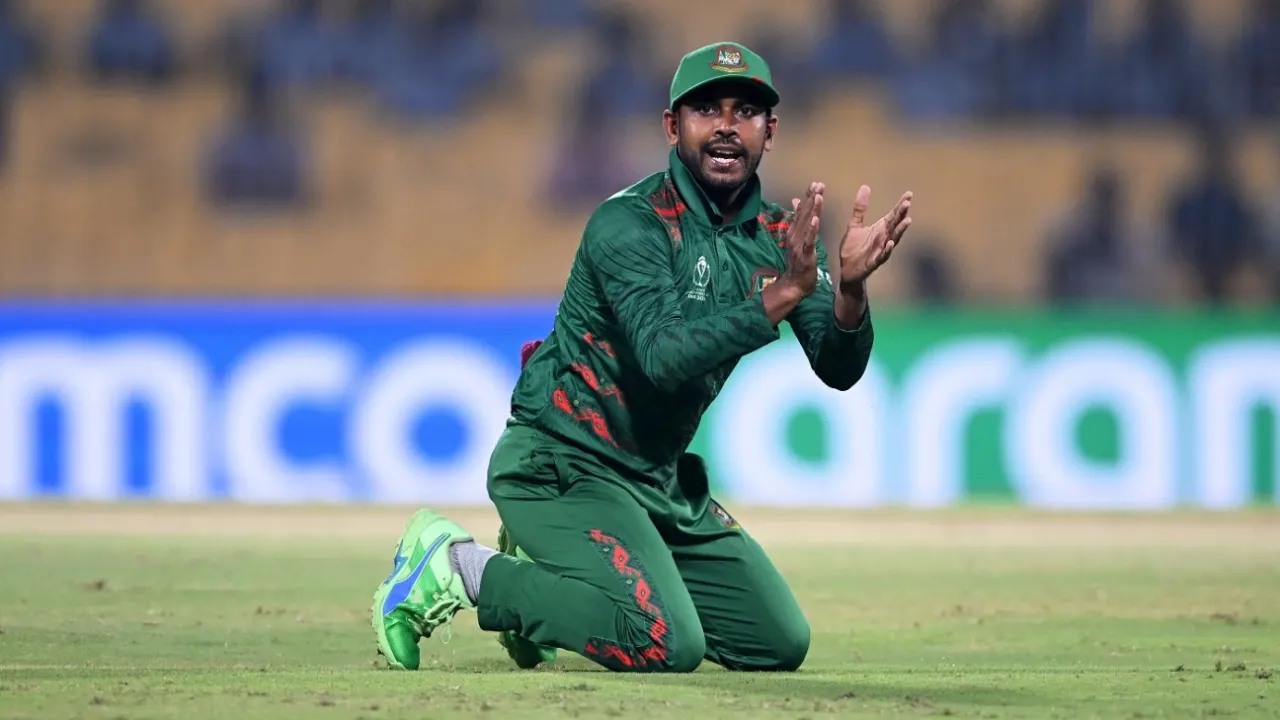

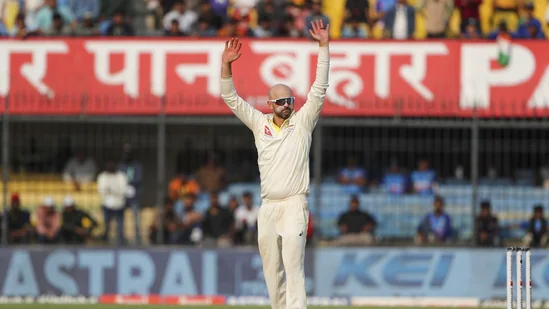

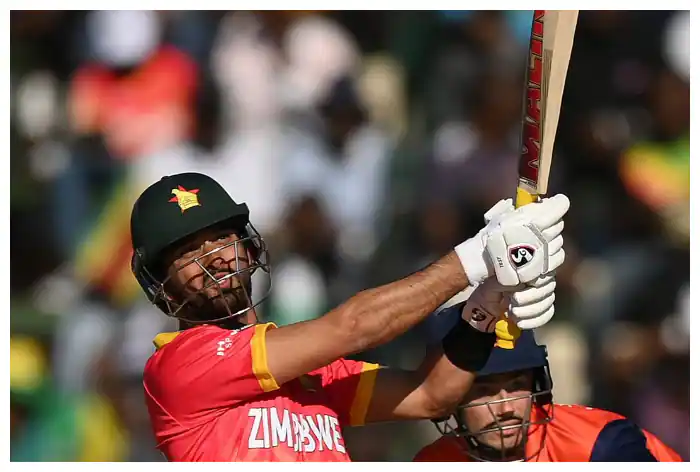
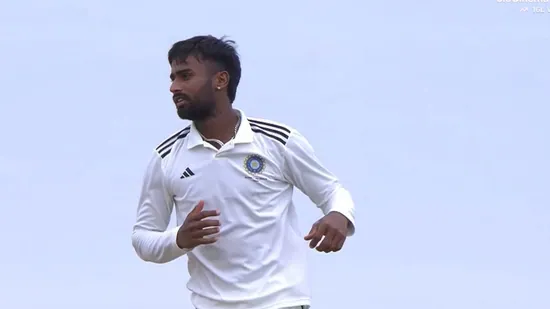
LATEST NEWS

